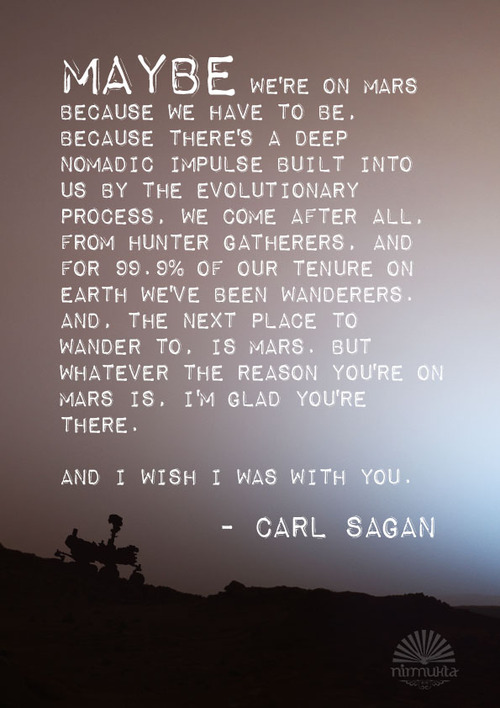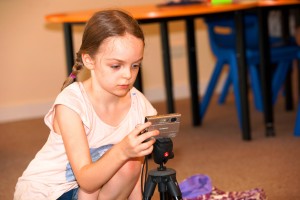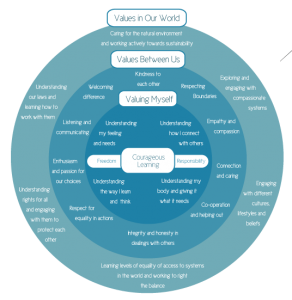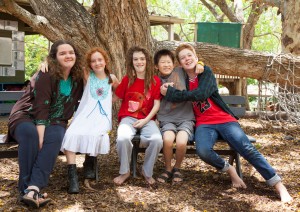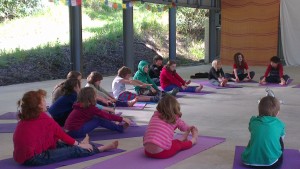We have been exploring beyond the Earth’s surface for more than half a century. We have sent spacecraft to near and distant planetary objects. And man has travelled to the moon. It seems logical that the next place beyond Earth’s orbit to explore is our neighbouring planet, Mars.
And although the non-profit foundation based in the Netherlands, Mars One has faced some public scrutiny for its methods in establishing a permanent human settlement on Mars, they have succeeded in bringing some very important questions to the focus of public attention, and some very inspirational and thoughtful people to the general public. One of those people, Natalie Lawler, a 38-year-old healthy, intelligent and positively energetic woman who supports The Zeitgeist Movement, has volunteered for this courageous one-way mission. Natalie has been selected as a top-100 candidate in the mission.
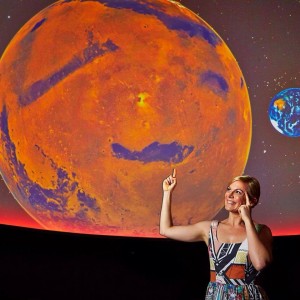
The next stage of the selection process will reduce that number to twenty-four candidates who will receive formal, full-time training for the next decade before the first planned manned mission departs. We asked Natalie to share a little about herself, her enthusiasm for space exploration, and why she supports the Zeitgeist Movement.
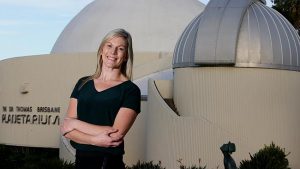
When did you first hear about The Zeitgeist Movement?
I was introduced to the first two Zeitgeist films in 2010 and attended the official screening of Zeitgeist Moving Forward in Lygon St, Melbourne in 2011. Since moving to Brisbane in 2013 I have been an active member of the Brisbane chapter.
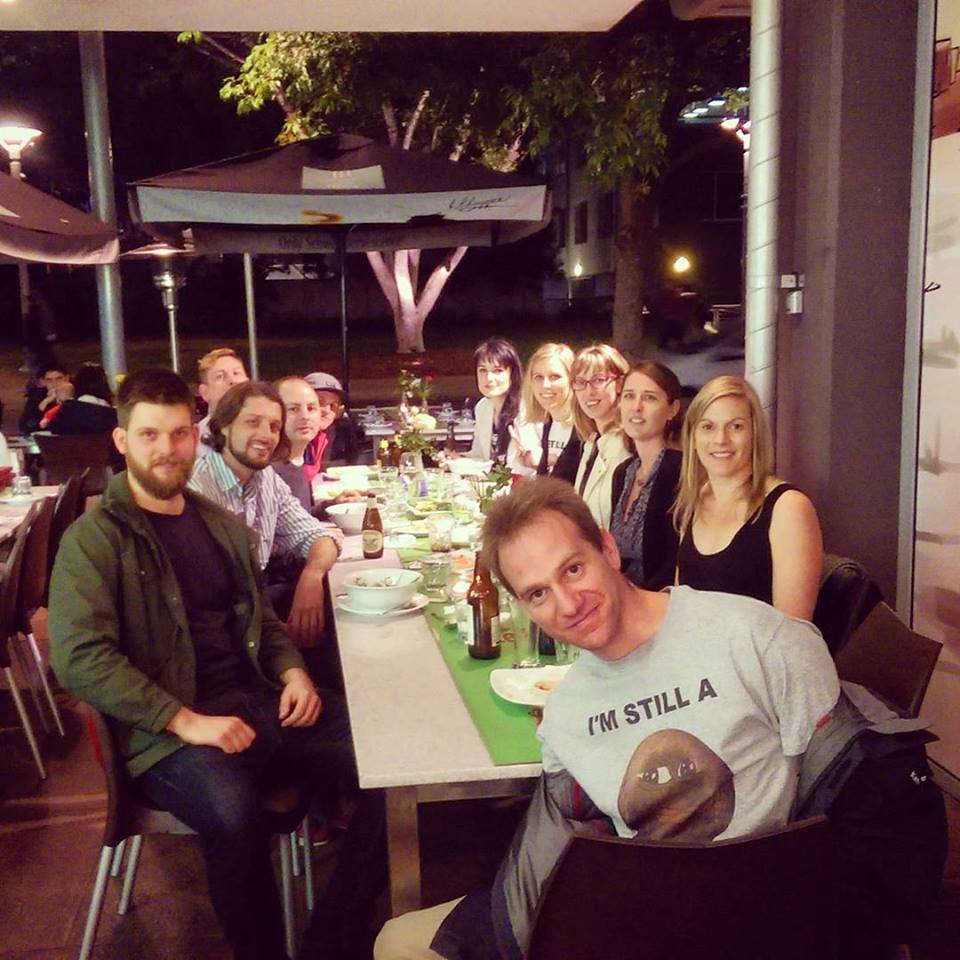
How did you hear about the Mars One program?
I first read about Mars One in 2013 on a science website and thought that it may be a hoax. After doing some research I found that Mars One has some prominent ambassadors and advisers. I then volunteered for the one way mission.
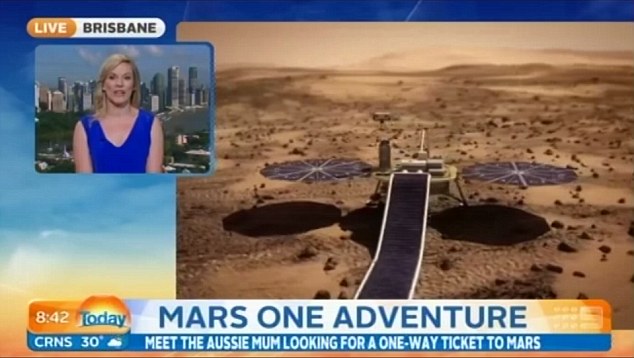
What made you decided to volunteer?
If we imagine the 4 ½ billion years of Earth’s history compressed into a 24 hour day, humans emerge 1 minute and 17 seconds before midnight. Archaeological evidence suggest our place of origin was Sub-Saharan Africa and that we dispersed from Africa over the past 100,000 years. We have been exploring the planet ever since. And now we find ourselves here, in this fraction of Earth’s history, where our curiosity and nature to explore makes leaving Earth to live on another planet a very near reality.
We can chose not to stand around and say….why didn’t someone go, because we are someone! We have the knowledge and the resources to become a multi planetary species now. And I put myself forward to help make it happen.
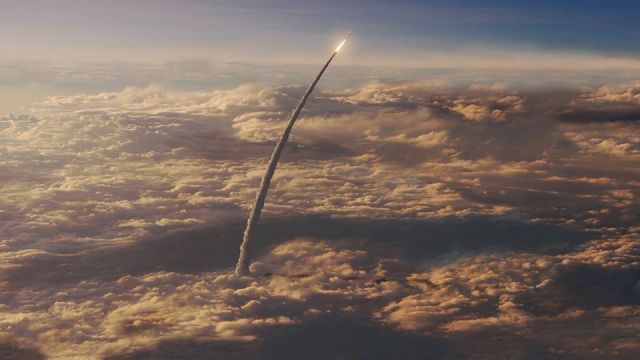
What do you think the benefits of going to Mars will be?
Search for life; We apparently have microbes on Earth that can withstand vacuum pressure, freezing temperatures and even survive when bombarded with radiation. Yet conditions on Earth don’t require them to sustain this. Could life have started on Mars and spread to Earth after an asteroid impact, or is it just inevitable given the right conditions? Are we all descendants of Martians, or could we find new life forms that don’t share our DNA? Discoveries await, including the very real possibility of finding life on Mars.
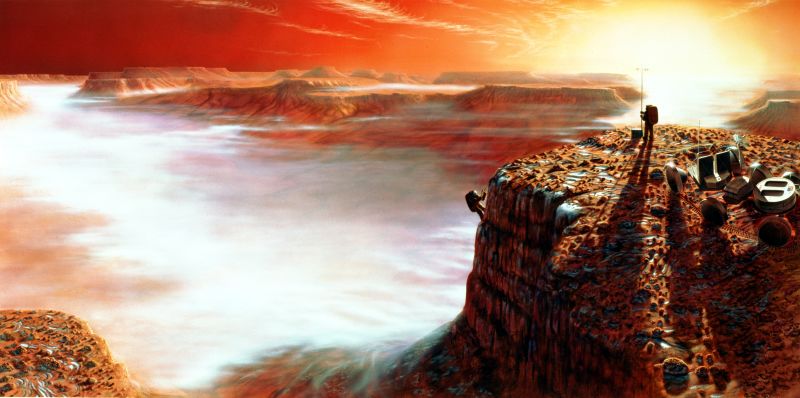
Technological advancement; Many technologies used on Earth were first pioneered in space exploration. Technological knowledge generated for a Mars mission, would yield many innovations that could benefit the public.
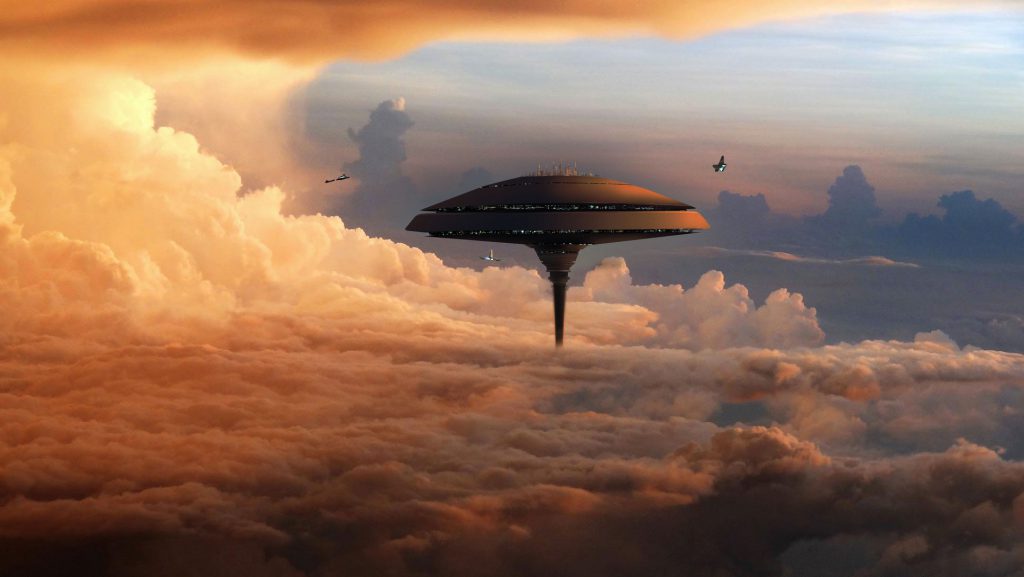
Inspiration; People remember seeing the first steps on the Moon but very few got excited about the landing of NASA’s Curiosity rover. Humans on Mars will inspire generations of young learners to invest in the knowledge of science and the wonder of space.

Sustainability; Mars One aims to be self-sustainable by producing oxygen and water, recycling all waste, using solar energy and growing food. It will however take significant time to create an entire supply chain on Mars to become sustainable – but if we can prove we can live on Mars sustainability perhaps it’s possible to live sustainably on Earth too.

Unity; A famous quote by an air Force pilot who flew aboard a space shuttle mission reads; “The first day or so we all pointed to our countries. The third or fourth day we were pointing to our continents. By the fifth day, we were aware of only one Earth.” Perhaps it won’t be until we leave Earth to settle on another planet that humanity can come together and see ourselves as one.

Understanding; We aren’t separate from each other as we were all formed from stars. We are part of our universe yet we know very little about it. What sort of value can you put on gaining a better understanding of the Universe? Robotic missions have shown that Mars has characteristics and history similar to Earth. When humans read the history of the rocks on Mars, and build on the knowledge, we may discover far more than we even want to about future of our home planet.
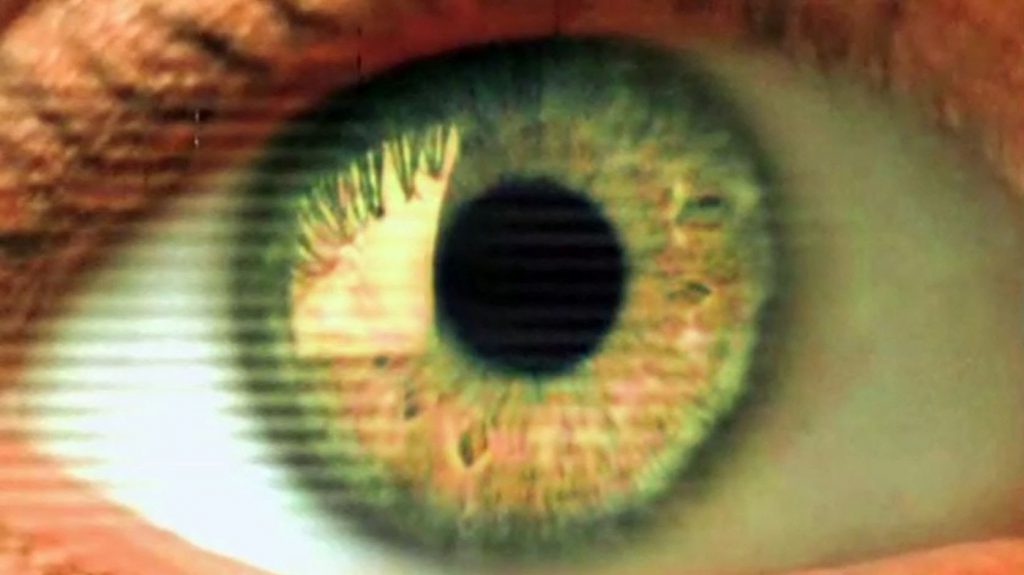
Destiny; Mars has a solar day a little over 24 hours. It has polar ice caps and an axial tilt giving it seasons. It has mountains and canyons, volcanoes, and evidence of ancient rivers and lakes. We know it has water, critical for life. Whilst it is cold it is far more liveable than Venus and there is enough sunlight to power solar panels. Gravity on Mars is 38% that of Earth which is predicted to be sufficient for the human body to be able to adapt to. Since the Apollo program we have been dreaming of the next giant leap and our neighbouring planet awaits.
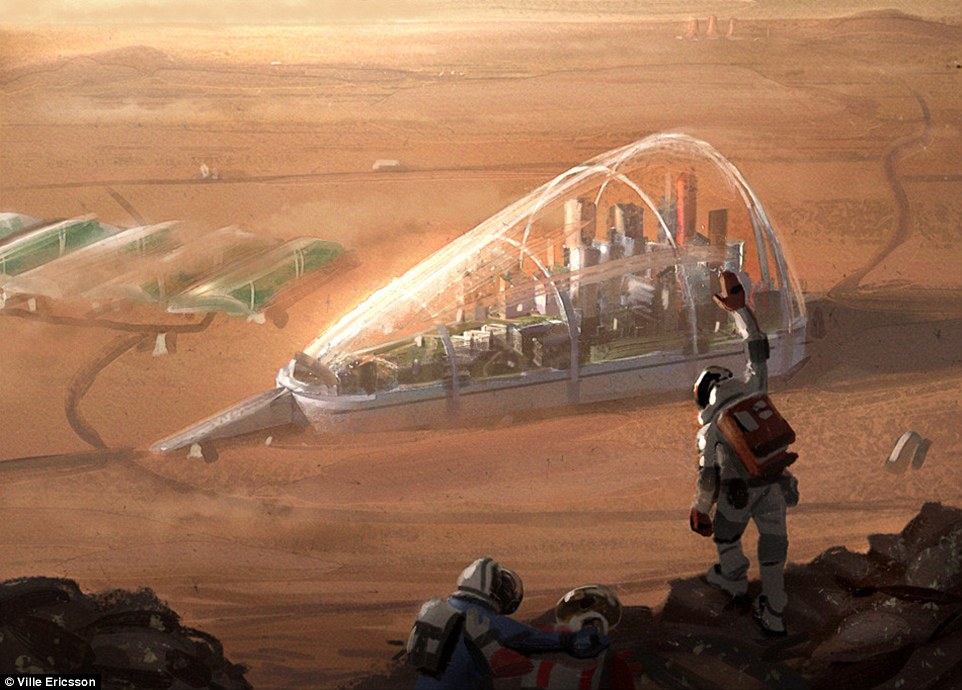
What are your beliefs?
I don’t normally accept or have confidence in something without scientific evidence. I believe in current scientific findings or consensus’ until new evidence is presented and tested. Do I believe in gravity? Yes. Do I believe in Unicorns? No. But I may change my belief that Unicorns don’t exist if you can present me some proof.
The theory of God cannot be tested. Scientists can’t prove a god doesn’t exist and religion can’t prove that it does. I accept the power and value of logic and rational consideration of evidence in forming the belief that supernatural beings, including God, don’t exist.
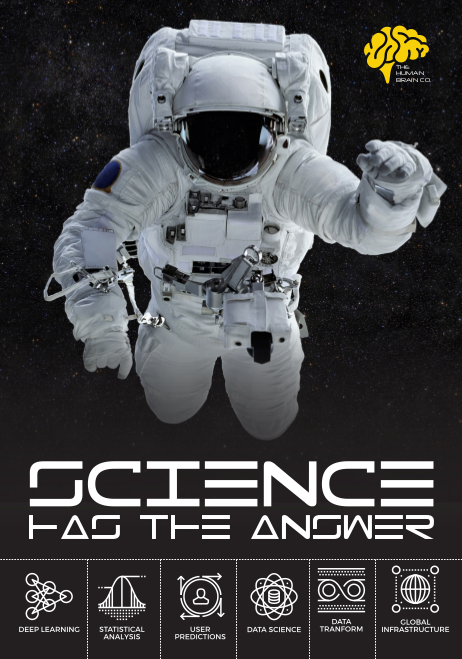
Do you follow a vegan diet and if so why?
When I eat something I ask myself three things;
1) Is it good for me?
2) Is it good for the planet?
3) Is it good for the animal?
I don’t eat meat, eggs or dairy products because I cannot answer “Yes” to all three questions.
Take a piece of bacon;
1) Is it good for me? There is enough scientific evidence for the World Health Organization to classify processed meat (including bacon) as a human carcinogen ― in the same category as tobacco and asbestos.
2) Is it good for the planet? A large amount of energy and water goes into raising pigs. Then there is the production and distribution of the bacon that also adds to the carbon footprint along with environmental pollution from piggeries.
3) Is it good for the animal? Piggeries I have visited were inhumane. Pregnant sows were locked up in tiny stalls to breed the bacon that people eat. The pigs never got to see daylight. And I believe an animal shouldn’t have to die just so I can have a snack.
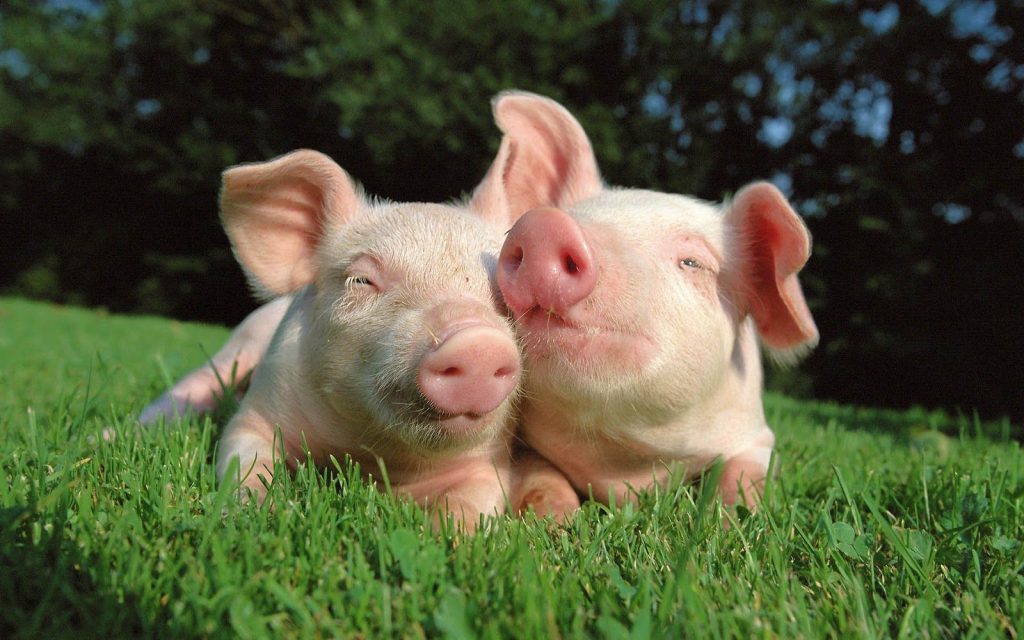
What Zeitgeist principles do you want to take to Mars?
The sort of home Mars may become will depend upon the first settlers and I would like to influence that and implement decision making models based on minimal opposition voting rather than majority rules and ensure that any economy that develops is a Resource Based Economy.
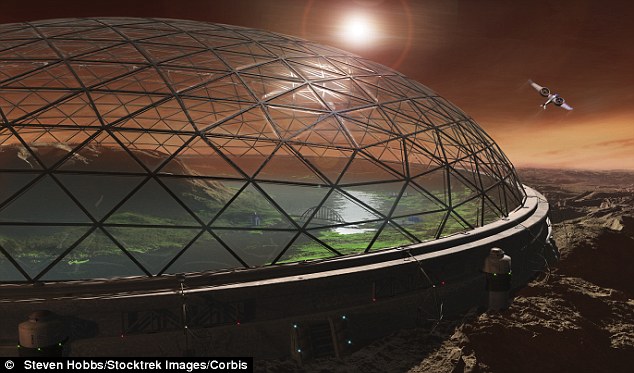
What legacy do you hope to leave behind in doing this?
I don’t aspire to leave a legacy. This mission is not about any individual. It is about all humanity taking the next step in our evolution.
